August 11, 2020
First-time voters laid out why they’re casting a ballot this year as the Poor People’s Campaign released a groundbreaking study that shows the power of poor and low-income people to change the country with their voices and votes.
The report, titled “Unleashing the Power of Poor and Low-Income Americans: Changing the Political Landscape,” shows that just a small uptick in the number of poor and low-income voters can dramatically affect outcomes in 16 U.S. Senate races and the presidential results in 15 states. The campaign released the study, conducted by a researcher at Columbia University, on Tuesday.
“My vote matters so I’m coming for my politicians. I’m coming to say if you’re not going to pay attention, I’m going to make you,” Sara Fearrington of North Carolina, a mother of six and a fast-food worker who lost her job, said at a digital news conference.
Shelton McElroy of Kentucky, a father of two, was 18 years old when he lost his right to vote because of felony disenfranchisement. He regained his right to vote last year and cast a ballot in the recent primary and plans to vote again in November.
Senate Majority Leader Mitch McConnell’s opposition to extending the extra $600 in unemployment benefits is “antithetical to contributing resources that would actually sustain families,” he said. “We want to vote for people who hold our interest” close to them.
The study shows that 34 million poor and low-income people didn’t vote in 2016 for a myriad of reasons, including that they don’t hear politicians discussing their issues.
Previous studies show that 140 million people were poor or low-income in the U.S. before COVID-19 and that 700 people die each day from poverty.
Other quotes from the news conference:
Rev. Dr. William J. Barber II, campaign co-chair and president of Repairers of the Breach in Goldsboro, North Carolina:
“We are challenging both parties to say you cannot ignore poor and low-wealth people anymore. But more than just challenging them (politicians), poor and low-wealth people in this movement have decided we must do more. We must mobilize, organize, register and educate. We must vote in November. We must be engaged after November. Poor and low-wealth people are saying we are not going to be ignored anymore.”
Rev. Dr. Liz Theoharis, campaign co-chair and director of the Kairos Center for Religions, Rights and Social Justice:
“We are building the political power and moral vision to reconstruct America. And this groundbreaking new report we’re releasing today proves empirically what we’ve always known: poor and low-income people can become a transformative new electorate. All across the country, poor and low-income people are demanding accountable representation and trying to save the very soul of this democracy.”
Shailly Gupta Barnes, policy director for the Poor People’s Campaign:
The report focuses only on the participation of the 34 million poor and low-income people who didn’t vote.
“But we know if that segment started moving around issues that have now become everybody’s issues — issues of health care, issues of economic well-being and security and housing — then there also is the potential of that segment to move and pull other voters in that direction. This report is actually a conservative estimate of the potential impact of these voters in November and beyond.”
Robert Paul Hartley, an assistant professor at Columbia School of Social Work and author of the study:
“The study is not suggesting that these outcomes would change or that all of the states would change, but there’s enough potential out there that if there’s a small margin in a certain state, this low-income population could be really pivotal if candidates are speaking to them.”
Contact: Martha Waggoner | [email protected] | 919-295-0802
The Poor People’s Campaign: A National Call for Moral Revival, is building a broad and deep moral fusion movement rooted in the leadership of poor people to unite our country from the bottom up. We demand that both major political parties address the interlocking injustices of systemic racism, poverty, ecological devastation, militarism and the distorted moral narrative of religious nationalism. Our updated agenda, A Moral Policy Agenda to Heal America: The Poor People’s Jubilee Platform, addresses these issues.
